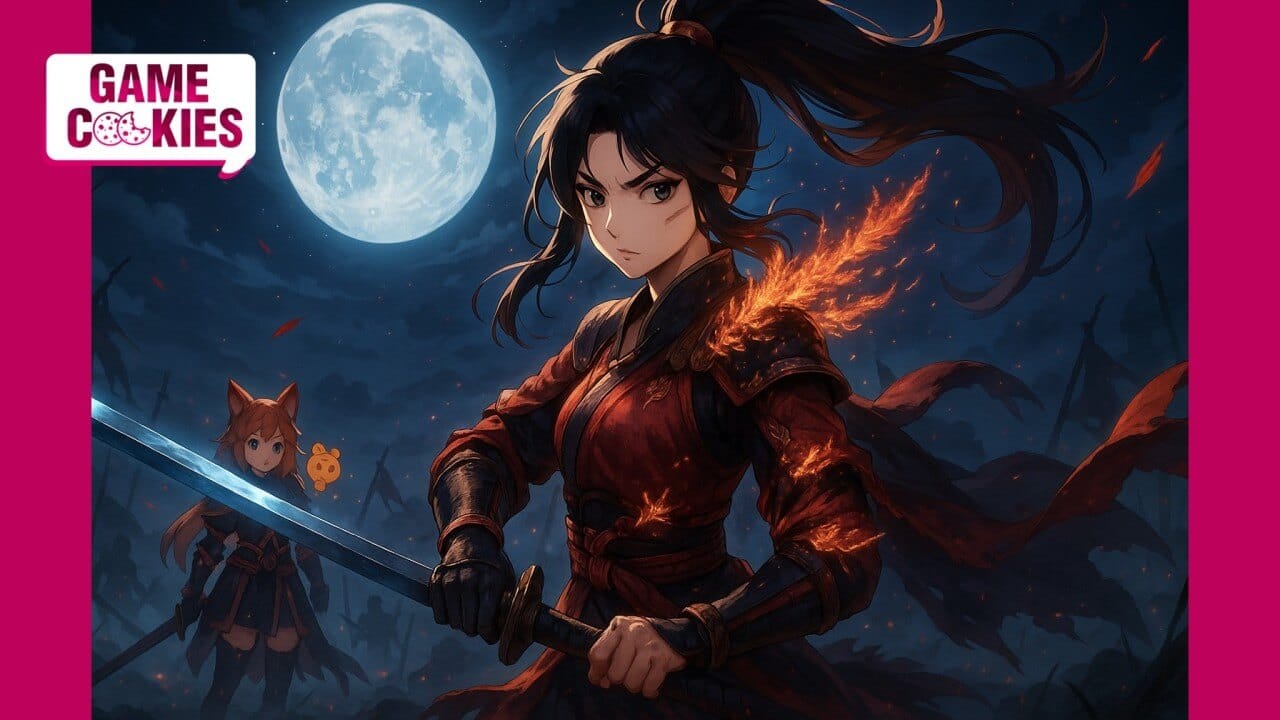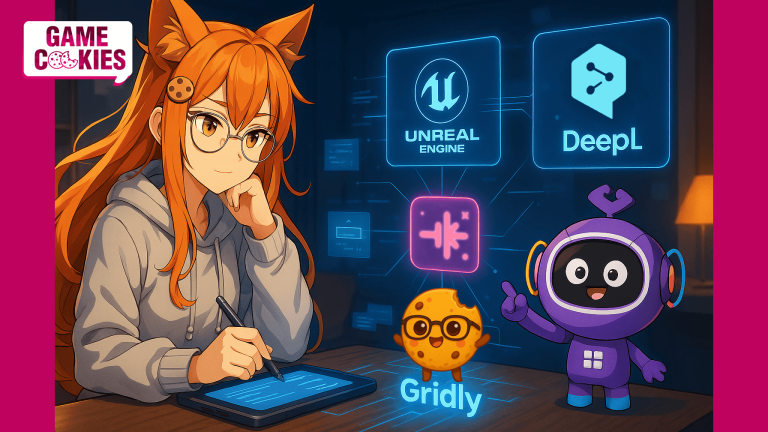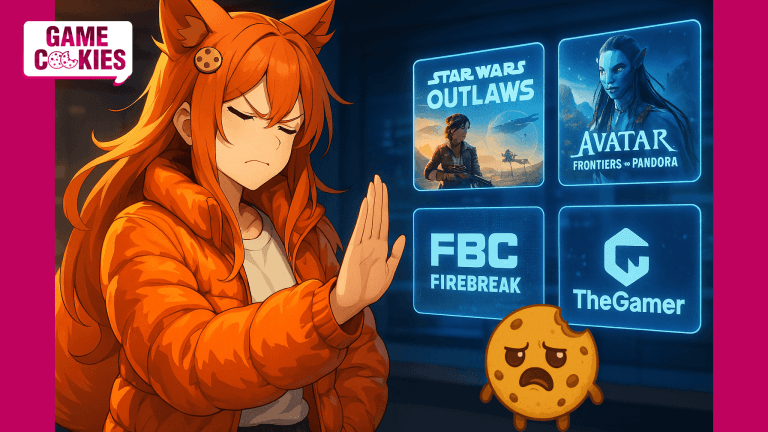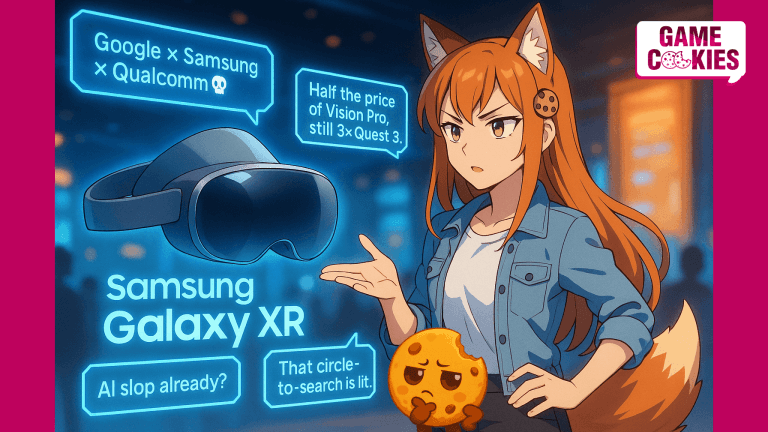
🍪 Game Cookies Analyxyz: WuChang, China, and the Patch That Changed History
Hello crumb-catchers,
Today we’re diving into something wild: LEENZEE & 505 Games WuChang: Fallen Feathers just pulled off one of the most extreme post-launch pivots we’ve seen in years. We’re not talking bug fixes or balance patches. We’re talking rewriting the story mid-flight — and the reason? Censorship.
⚔️ The Patch That Wasn’t Just a Patch
Update 1.5 arrived with the usual goodies:
- Faster healing animations (finally)
- Cancel recovery with a dodge
- Tighter combat
…but buried under that were the real changes:
- Historic NPCs and bosses can no longer be killed — they now “get exhausted” and chat with you.
- Villagers, soldiers, and other minor NPCs? Untouchable.
- Even the “Pray” gesture tied to a Portuguese Christian NPC? Gone.
- Enemy density slashed, entire sections made easier.
What was once a Soulslike full of brutal choices now feels oddly declawed. Fans who beat WuChang 1.0 are clinging to their discs like they’re collector’s relics.
🦊🍪 Kiki’s Take: “Imagine if FromSoftware patched Dark Souls so Gwyn just needed a nap instead of dying. That’s what we’re dealing with.”
🧧 Why China Changed the Game
This isn’t just about player complaints. It’s about pressure:
- Cultural sensitivity: Chinese players are fiercely protective of historical figures. Depicting them as zombies or killable bosses? A cultural landmine.
- Government oversight: Developers fear the CCP’s censorship standards — and the publishing license that could open WuChang to millions of Chinese players.
- Self-censorship: Studios pre-emptively nerf their own games to avoid political trouble.
🦊🍪 Kiki’s Take: “Australian Karens are scary, but Chinese audiences + CCP? That’s next-level power.”
🎮 Why This Feels Different
We’ve seen censorship before: World of Warcraft removing bones in China, anime edits that tone down gore, even Hollywood rewriting scripts for Chinese markets.
But this is different.
- A plot retcon delivered via patch.
- Boss fights rewritten post-release.
- A fundamental shift in how the game plays.
Some streamers compared it to The Last of Us Part II being patched so Ellie drowns Abby — as if story arcs were negotiable after launch.
🦊🍪 Kiki’s Take: “Changing story outcomes after release? That’s like patching history. It doesn’t just nerf enemies — it nerfs trust.”
💡 The Bigger Picture
- Global Games, Local Rules: Developers outside China underestimate how deeply culture and politics intertwine there. What feels like “fiction” in the West can spark backlash in Beijing.
- The Market Math: Access to China can mean millions in extra sales. For some publishers, compromising story integrity is a business decision.
- The Slippery Slope: If storylines can be rewritten for markets, how long before more regions push for edits?
🦊🍪 Kiki’s Take: “This isn’t just censorship. It’s proof that a patch can erase the very thing you loved about a game.”
🥠 Our Take
WuChang’s 1.5 patch is one of the clearest examples yet of how censorship, culture, and commerce collide in games. It’s not just about China. It’s about whether developers will stand by their stories when politics come knocking.
The risk isn’t that WuChang got nerfed. It’s that this becomes normal — that post-launch updates don’t just fix bugs, but rewrite canon to fit government or market demands.
🦊🍪 “Games aren’t just code. They’re stories. And when stories get patched for politics, the whole medium loses something.”
👉 What do you think: is this just smart business, or the start of a dangerous precedent?







